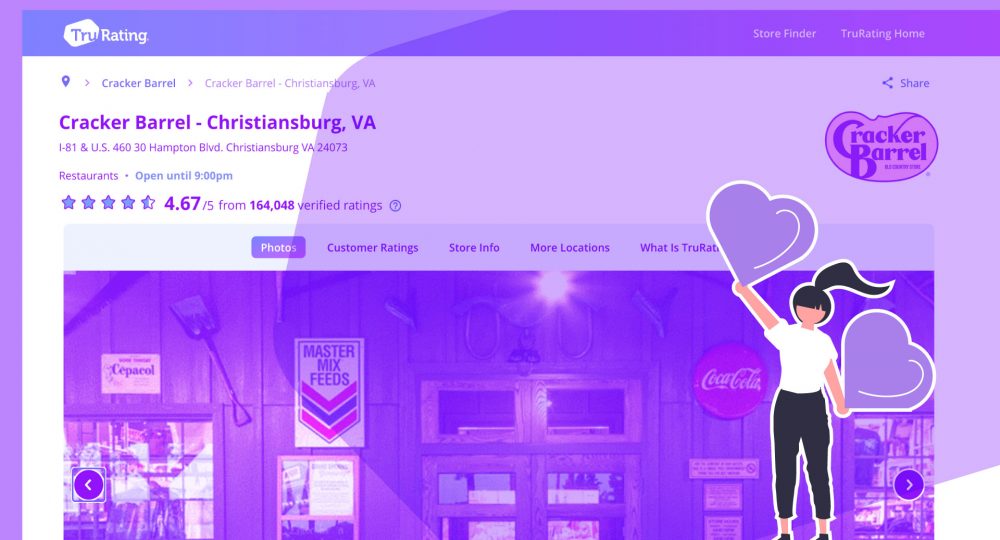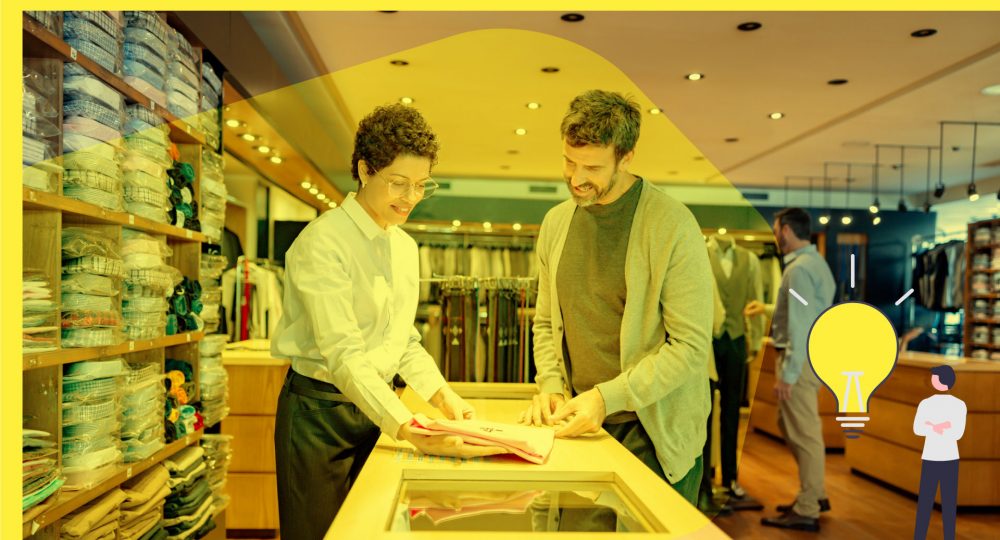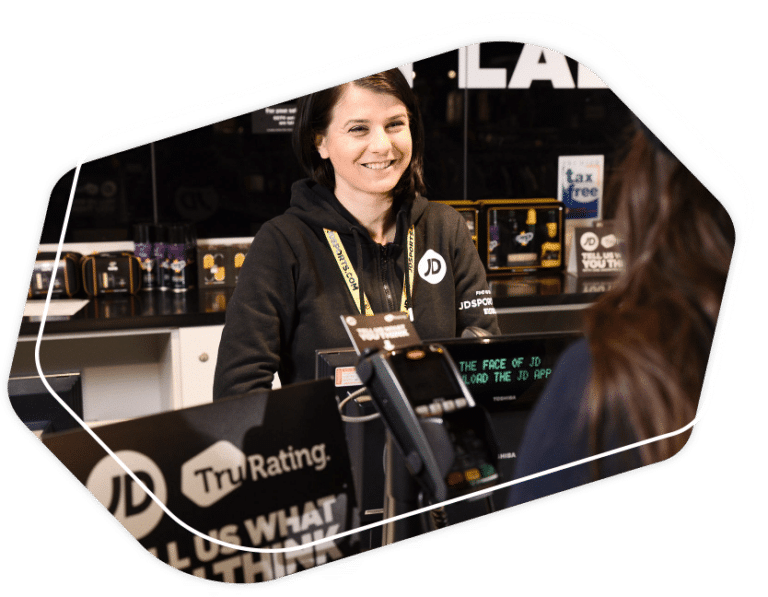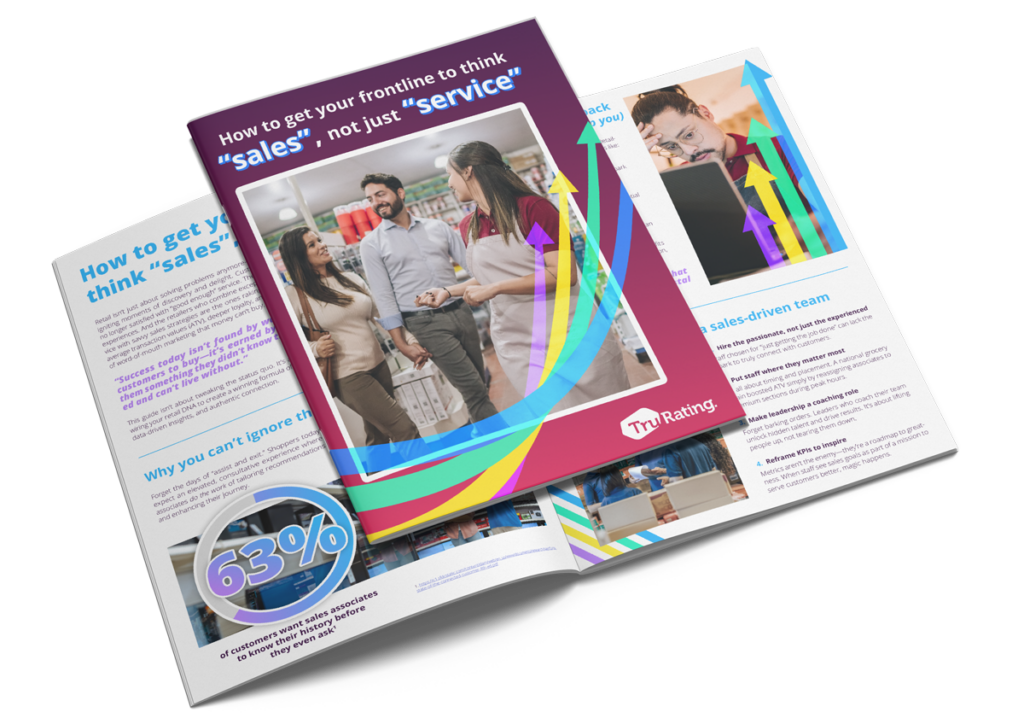Social proof is a powerful psychological phenomenon that plays a vital role in influencing consumer behavior. By leveraging social proof, brands can boost trust, credibility, and sales as customers look to others’ choices for guidance on what products and services to buy. This behavior stems from a desire for reassurance—when we see others choosing a particular option, we feel validated in making a similar choice ourselves.
Understanding and utilizing social proof can be transformative if you want to enhance trust, build credibility, and ultimately boost sales. This is why it has become integral in marketing. Brands are turning to customer reviews, influencer endorsements, and real-time insights to build credibility and sway buyer choices.
This article will delve into the role of social proof for brands, particularly in retail. We’ll showcase inspiring real-world examples and share best practices that demonstrate how brands harness social proof to not only enhance customer experiences but also boost sales and create lasting relationships.
What is social proof?
Social proof is the concept that people will follow the actions or opinions of others to determine the best course of action for themselves. Robert Cialdini, a renowned psychologist, popularized the term in his book Influence: The Psychology of Persuasion, where he explains how individuals often mirror others’ actions, believing that it is the correct behavior.
An everyday example illustrates this concept well: imagine being in an unfamiliar area with several seemingly similar restaurants. If one restaurant is bustling with customers while others are empty, you will likely choose the busy one because it suggests quality and popularity. This natural inclination is a powerful driver in our decision-making process, from dining to online shopping.
Why is social proof important?
Social proof is important because it serves as a shortcut in decision-making and helps establish trust. It’s more than a marketing strategy; it aligns with customers’ natural desire for reassurance. With consumers having access to vast information and options at their fingertips, they’re constantly seeking social validation before making decisions. This demand for reassurance emphasizes why social proof crucial—it reduces perceived risk and increases a brand’s credibility.
Social proof and trust
Trust is one of the foundational elements of consumer decision-making, and social proof plays a vital role in building it. By displaying customer reviews, showcasing testimonials, or leveraging influencer endorsements, brands signal reliability to potential customers. In marketing, it demonstrates that others have tried and approved of a brand’s products or services, making potential customers more comfortable with their decisions.
Social proof fosters confidence, helping to bridge the gap between a new customer and their first purchase. Studies show that 92% of consumers trust recommendations from others—even people they don’t know—over brand messaging, further reinforcing the significance of social proof in building trust.
Social proof examples
Social proof shapes our decisions every day, even in seemingly minor choices, by offering reassurance through the actions of others. Here are some common examples:
- Customer testimonials – many brands showcase customer testimonials on their websites or marketing materials. Potential customers often find reassurance in hearing about the positive experiences of others, especially if those customers share similar needs or preferences. This builds credibility and encourages new buyers to trust the brand.
- Shopping with ratings – when shopping online, many people rely on star ratings to assess product quality and customer satisfaction. Products with a high quantity of ratings even if they’re not all perfect, tend to inspire more trust than those with few or none, showing how quantity can influence credibility.
- Following social media trends – people often follow the crowd when they see a product or trend go viral on social media. From fitness challenges to new skincare products, seeing peers and influencers engage with something can encourage others to try it too, as it establishes popularity and authenticity.
Are social proof and social pressure the same?
While they share similarities, social proof and social pressure are not the same. Social proof relies on voluntary decisions to follow others’ behaviors because it feels like the correct choice. Social pressure, on the other hand, is more about direct or indirect pressure to conform. Social proof encourages rather than coerces, leading customers to feel validated in their decision rather than pressured into it.
In retail marketing, social proof fosters confidence and comfort, while social pressure could lead to buyer’s remorse. Thus, it’s a positive motivator that leads to informed, confident buying decisions.
Social proof in marketing
For marketers, social proof is important for creating a credible brand presence online. Without reviews, ratings, or customer testimonials, brands can struggle to appeal to digital audiences who expect to validate their purchases through community feedback.
It’s reported that up to 95% of consumers in the 18-34 age bracket seek online reviews before making a purchase, underscoring how indispensable this form of validation has become. Brands now actively incorporate reviews into their campaigns by emphasizing the volume and quality of customer engagement.
Social proof marketing examples
Here are some examples of effective social proof marketing strategies from some well-known brands and retailers:
1. Nike
Nike has long been a pioneer in social proof through influencer and celebrity endorsements. Their collaborations with high-profile athletes like Serena Williams, LeBron James, and Cristiano Ronaldo serve as powerful endorsements that connect Nike with top athletic performance. Nike also uses strategies like customer testimonials and social media campaigns like #justdoit, where users share their fitness journeys.
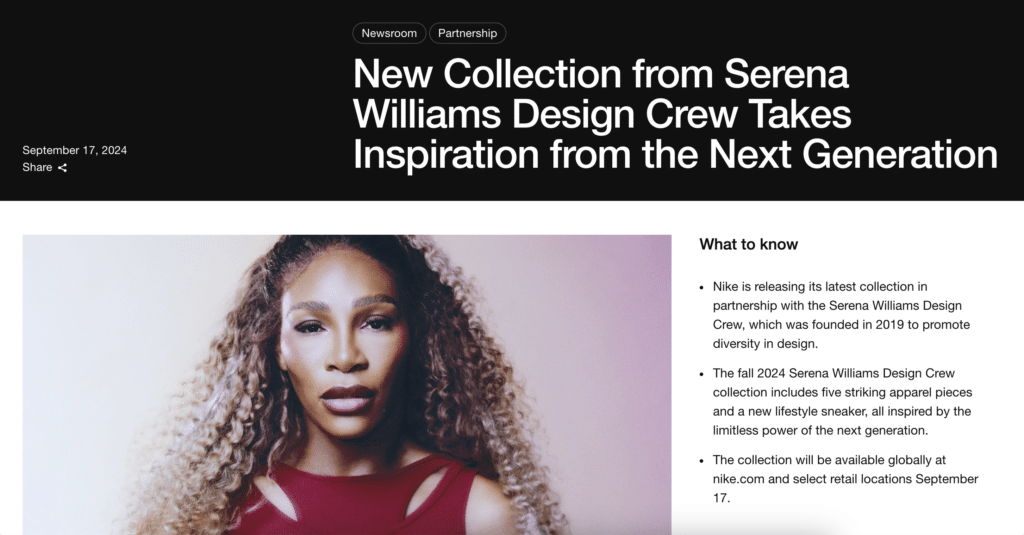
Nike, Serena Williams campaign.
2. bealls
bealls uses TruRating’s Profile Pages to showcase authentic, verified customer ratings, building trust and transparency for potential customers. TruRating prompts customers to leave a quick rating at each checkout in-store or online, capturing high-quality feedback that is then published on an SEO-optimized profile page. These pages highlight bealls’ customer satisfaction with real, verified ratings, and because ratings are tied to actual purchases, the feedback remains spam-free and credible.
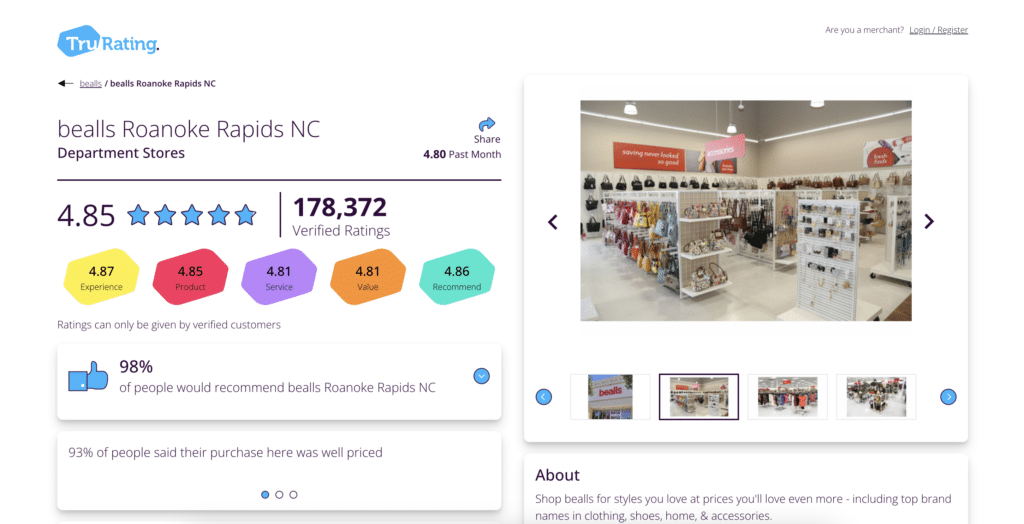
bealls, TruRating Profile Page.
3. Warby Parker
Warby Parker combines social proof with UGC by encouraging customers to share photos of themselves in their Warby Parker frames. On its website, Warby Parker also features real customer reviews, and its “Home Try-On” program allows customers to try frames at home and share the experience on social media. Warby Parker reposts these images, providing an authentic connection with potential customers. By displaying real people using their products, Warby Parker effectively uses UGC to strengthen credibility and trust in its products.
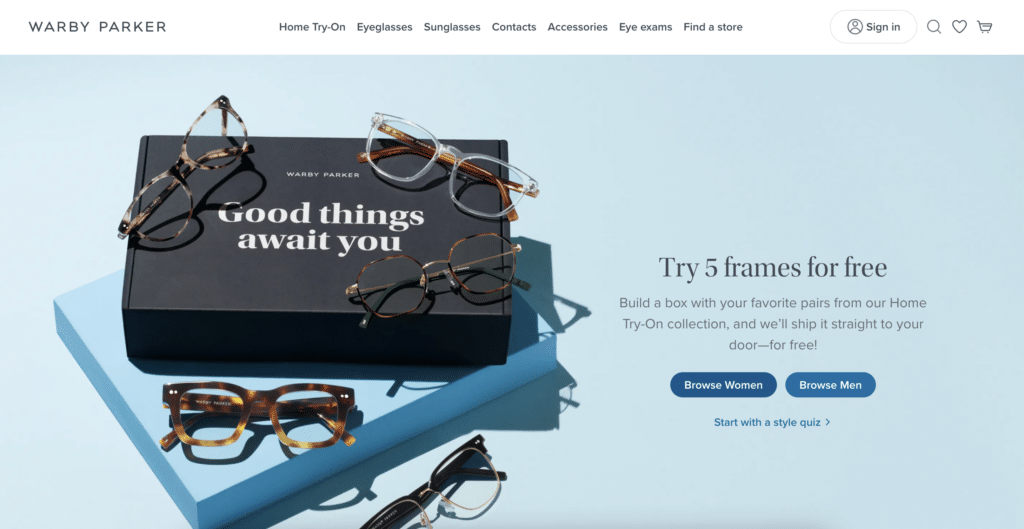
4. Sephora
Sephora’s Beauty Insider program fosters loyalty by encouraging customers to review products they’ve purchased. These reviews, displayed on product pages alongside “Loves” counters, provide new customers with insights into popular products. Sephora’s community section also allows users to ask questions, share advice, and discuss products, creating a collaborative space where peer feedback influences purchase decisions. This community-driven approach builds trust in Sephora’s offerings, enhancing both brand loyalty and customer engagement.
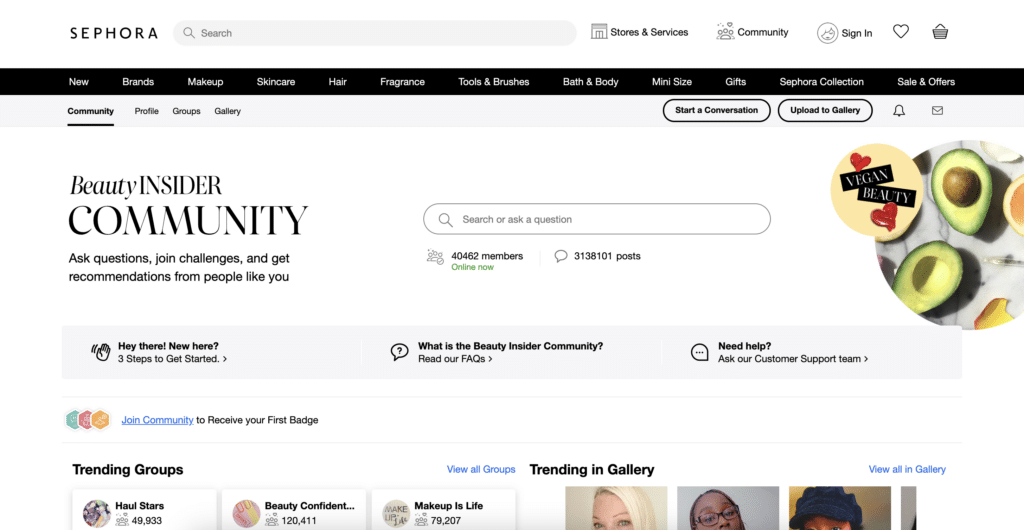
5. Coca-cola
Coca-Cola’s “Share a Coke” campaign harnessed user-generated content to drive engagement and build a sense of community. By personalizing bottles with common first names, Coca-Cola encouraged people to find a bottle with their own name or a friend’s, resulting in viral social media sharing. Coca-Cola then reposted these images on its own social platforms, effectively using its audience as a powerful source of validation. This campaign not only drove sales but also strengthened community bonds, illustrating how UGC can make customers feel part of a larger story.
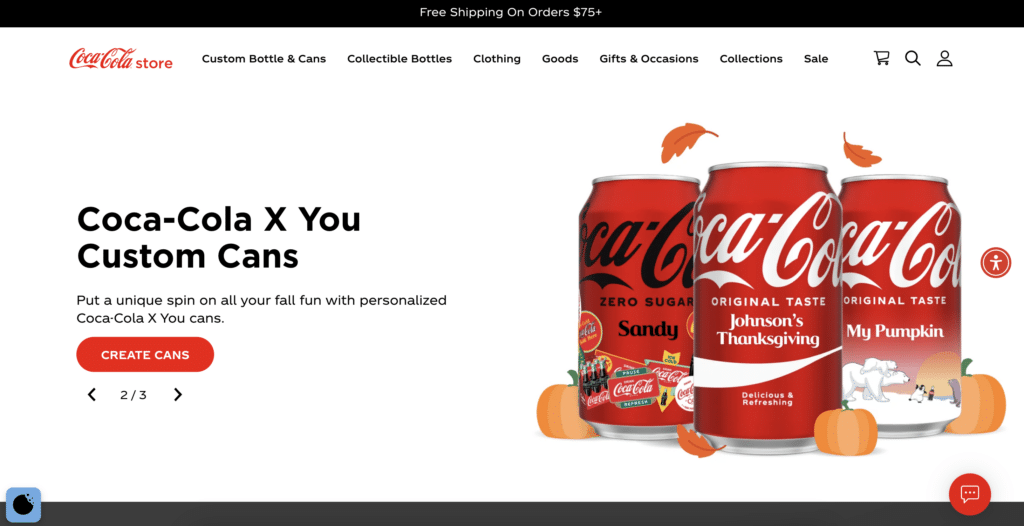
How does social proof give a product or brand validation?
Social proof validates a product or brand by associating it with positive experiences from real customers. When potential buyers see that others have had a good experience, they’re more likely to believe in the product’s quality and make a purchase themselves. This validation is powerful for retailers because it lowers the perceived risk for customers and makes products or services appear more credible.
A consumer who sees multiple positive reviews for a product is much more likely to buy it than a similar product without reviews. This ability to validate a product’s worth becomes even more impactful when it includes customer photos, testimonials, or other UGC.
How is social proof built into our media consumption?
Our media consumption is influenced by social proof at every turn. Social media platforms like Instagram and Facebook, streaming services like Netflix, and e-commerce sites all integrate customer interaction in ways that impact what we watch, listen to, and purchase. Popularity indicators, trending hashtags, and top-viewed lists all serve as social proof that helps us make decisions quickly.
Platforms like YouTube, for instance, use view counts and engagement stats to influence what content we click on. This is why content creators and brands alike strive for high engagement—it signals quality and boosts visibility.
How social proof drives sales
Social proof drives sales by simplifying the decision-making process and enhancing trust. When customers see that others have enjoyed a product or service, they feel more confident making the same choice. This trust-building effect is particularly valuable in retail, where people are often hesitant to spend money on unfamiliar products or services.
By showcasing reviews, testimonials, and influencer endorsements, brands can create a ripple effect that leads to increased sales. Social proof also helps reduce shopping cart abandonment rates by instilling greater confidence in customers’ decisions.
How reviews provide social proof
Reviews are one of the most powerful forms of social proof, offering genuine insights into the customer experience. When potential customers see positive reviews, they feel reassured that they’re making a good decision, which is especially important for new brands or products.
For brands looking to establish a strong review strategy, TruRating’s Profile Page offers an innovative way to leverage customer feedback. These Profile Pages are public, SEO-friendly webpages designed to highlight a business’s verified TruRating reviews. By showcasing ratings from actual paying customers, these pages eliminate spam and fake reviews, fostering unparalleled trust as social proof.
Businesses adopting TruRating’s Profile Page also benefit from an increased volume of ratings, which is critical for establishing trust. Once indexed, these ratings can appear as rich snippets in search results and in Google’s Knowledge Graph, making them easily accessible to potential customers searching for reliable feedback.
If you would like to learn more about using TruRating Profile Pages to build social proof or about our Retail Experience Platform, book a demo with our team today.
Useful resources
- Predictive analytics in retail – examples and strategies
- Retail pricing optimization – strategies, models and examples
- Business intelligence in the retail industry – strategies and trends
- Retail customer journey – how to create a retail customer journey map
- Experiential retail – examples and strategies


